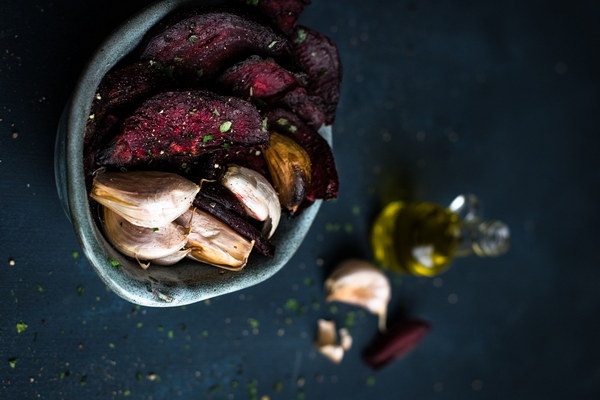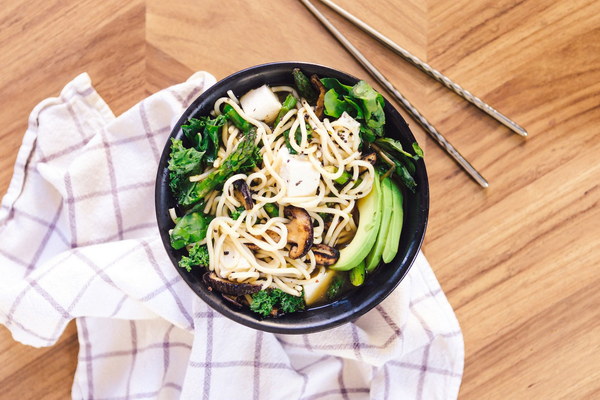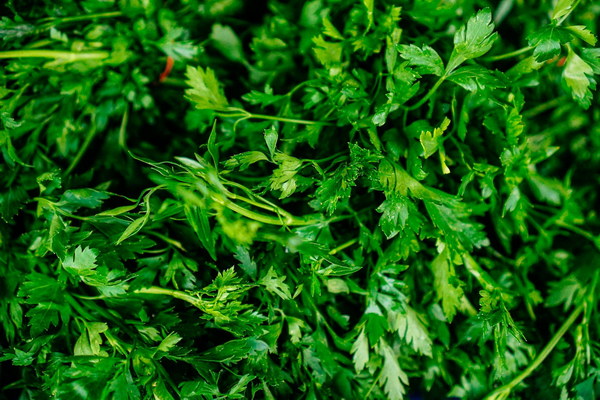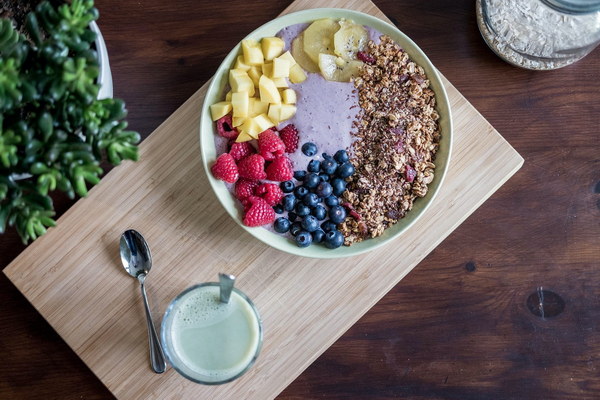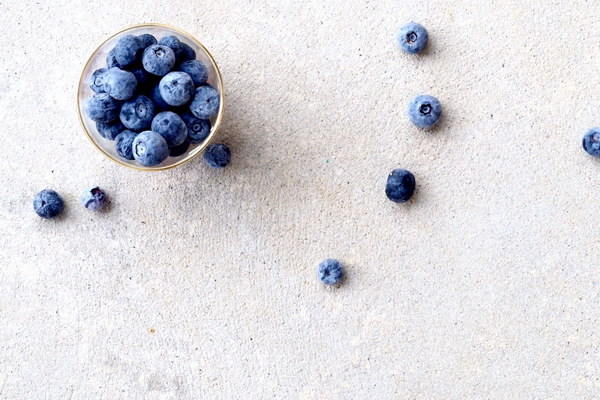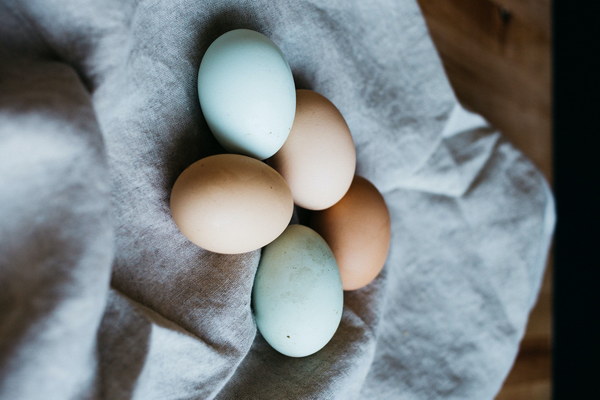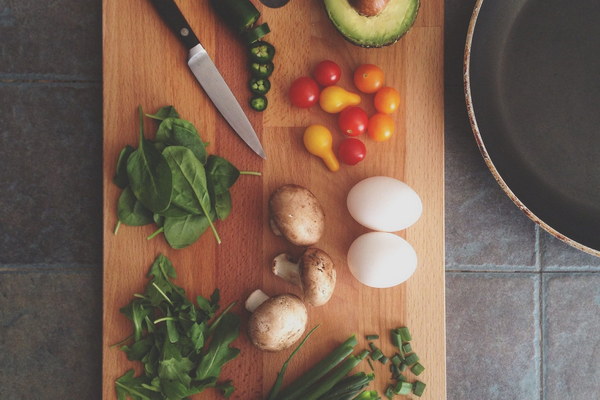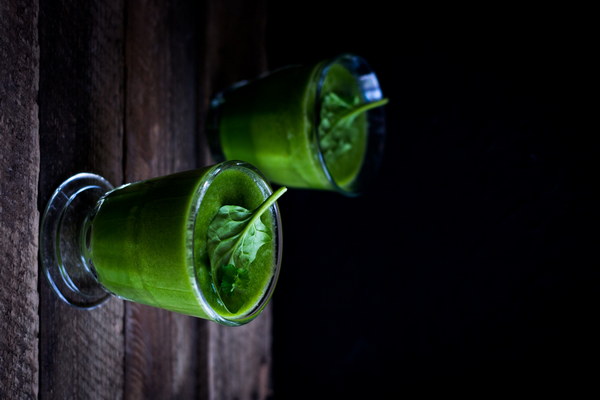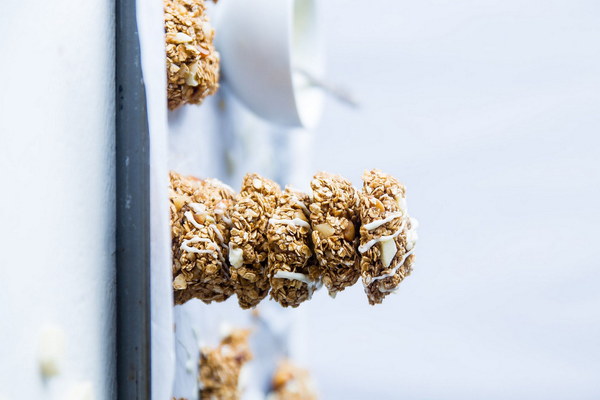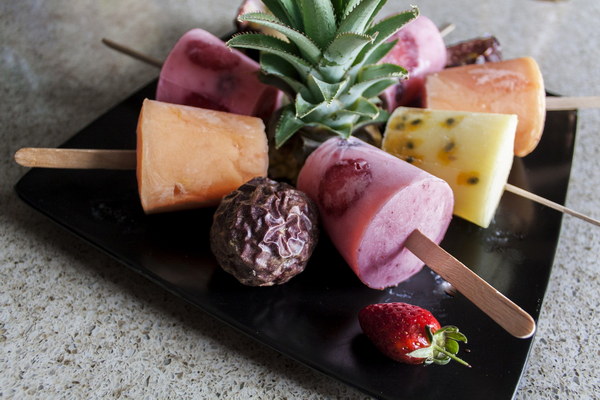Moon Festival A Poetic Journey into Nourishment and Tradition
The Mid-Autumn Festival, a time of family reunions, moon admiration, and culinary delights, holds a special place in the hearts of the Chinese. It's a time when the moon is at its fullest, symbolizing prosperity and unity. Amidst the moonlit nights and the joyous gatherings, the tradition of nourishment through culinary art thrives. In this article, we delve into the world of Mid-Autumn Festival, exploring the significance of nourishment through the lens of traditional Chinese poetry.
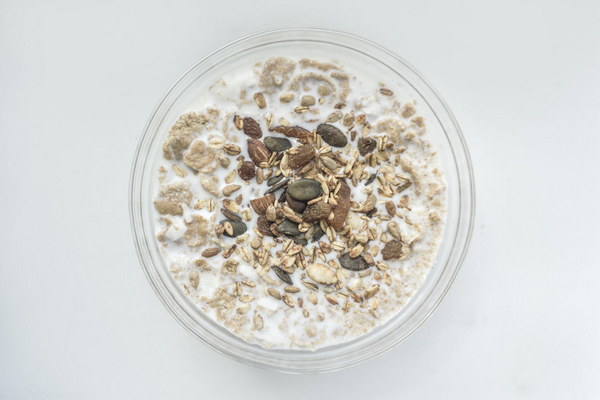
In ancient times, the Mid-Autumn Festival was not only a time for celebrating the moon but also a time for replenishing the body and mind. Chinese poets have, over the centuries, immortalized the essence of this festival through their verses. Let us embark on a poetic journey, exploring the significance of nourishment and tradition during the Mid-Autumn Festival.
As the moon ascends into the sky, casting its gentle glow on the world below, the people of China gather together to share the bounty of the earth. The moon, a symbol of unity and harmony, represents the coming together of families and friends. Poets, too, have celebrated this union through their verses.
One such poem, Mooncakes: The Festival of Reunion, by Li Bai, captures the essence of the Mid-Autumn Festival:
The moon is round, the mooncakes are round,
We gather together, heart to heart;
The moonlight washes over the land,
As we share this moment, hand in hand.
Mooncakes, the iconic dish of the Mid-Autumn Festival, are a symbol of nourishment and abundance. These round pastries, filled with sweet or savory fillings, are believed to bring good fortune and health. The round shape of the mooncake represents the moon, while its filling symbolizes the richness of life. Poets have celebrated this symbolism in their works.
Du Fu, another famous Chinese poet, wrote about the mooncakes in his poem Mid-Autumn Festival:
The mooncake is round, the moon is bright,
We share this feast, with joy and light;
The family gathers, in love and peace,
As we celebrate, with hearts full of grace.
In addition to mooncakes, the Mid-Autumn Festival is also a time for enjoying a variety of traditional Chinese delicacies. These dishes, often rich in nutrients and symbolism, are a testament to the country's culinary heritage. Poets have often extolled the virtues of these nourishing dishes in their works.
One such poem, The Moonlit Banquet, by Su Shi, describes the feast that is enjoyed during the Mid-Autumn Festival:
The moon is bright, the wine is red,
We feast and drink, in mirth and dread;
The dishes are rich, the flavors bold,
As we share this feast, with hearts whole.
These nourishing dishes not only satisfy the palate but also provide the body with essential nutrients. From the sweet lotus seeds in mooncakes to the savory pork belly in dumplings, each dish is a testament to the ingenuity of Chinese cuisine.
The Mid-Autumn Festival is also a time for reflection and introspection. As we gather with loved ones and enjoy the moon's beauty, we are reminded of the importance of nurturing not only our bodies but also our souls. Poets have long recognized this connection, using their verses to celebrate the balance between physical and spiritual nourishment.
In his poem Mid-Autumn Festival, Li Po writes:
The moon is full, the night is clear,
We ponder life, with hearts serene;
The world is vast, the mind is free,
As we seek the truth, through the moon's light.
In conclusion, the Mid-Autumn Festival is a time of celebration, nourishment, and tradition. Through the lens of traditional Chinese poetry, we can see the festival's significance in fostering family unity, appreciating the beauty of nature, and nurturing both the body and the soul. As the moon continues to shine brightly in the sky, let us remember the wisdom of our ancestors and continue to cherish this cherished tradition.
